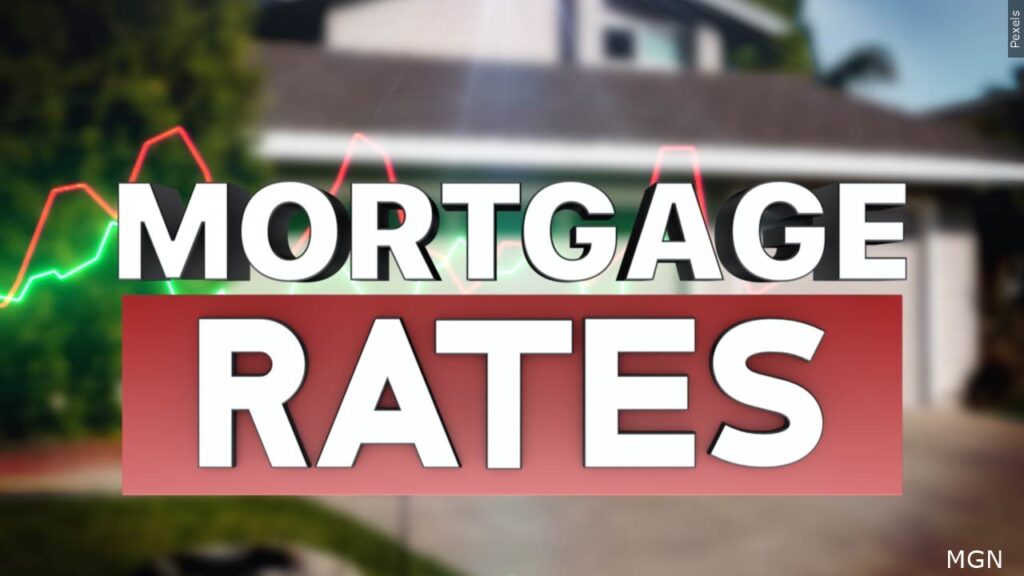Introduction
Finding the right financial advisor can feel like searching for a needle in a haystack. With so many options available, how do you ensure you’re choosing someone who truly understands your needs and goals? This guide will walk you through the process of finding a qualified financial advisor near you, helping you navigate the complexities and make informed decisions.
Understanding Your Needs
Before you start your search, take some time to reflect on your financial situation and goals. What are your short-term and long-term objectives? Are you saving for retirement, planning for a major purchase, or managing investments? Clearly defining your needs will help you identify the type of advisor best suited to assist you. 
Defining Your Search Criteria
Once you understand your financial goals, refine your search criteria. Consider factors such as the advisor’s certifications (e.g., CFP®, CFA®), experience, fees, and investment philosophy. Do you prefer working with an individual advisor or a larger firm? Learning about different advisor types can be very helpful in this step.
Utilizing Online Resources
Several online resources can help you locate financial advisors in your area. Websites like the National Association of Personal Financial Advisors (NAPFA) and the Certified Financial Planner Board of Standards allow you to search for advisors based on location and specialization. You can also use online search engines, but always verify the credentials and reviews carefully.
Checking Credentials and Reviews
Thoroughly vetting potential advisors is crucial. Check their credentials, licenses, and disciplinary history. Reputable organizations like the Securities and Exchange Commission (SEC) provide resources for verifying advisor information. Reading online reviews and testimonials can also offer valuable insights into client experiences. [IMAGE_2_HERE]
Scheduling Consultations
Once you’ve shortlisted a few advisors, schedule consultations. These meetings allow you to assess their personality, communication style, and overall suitability for your needs. Don’t hesitate to ask detailed questions about their fees, investment strategies, and approach to financial planning. Preparing for your consultation is key to making the most of this meeting.
Considering Fees and Compensation
Financial advisors employ various compensation models, including fees based on assets under management (AUM), hourly rates, or commissions. Understanding how an advisor is compensated is essential for transparency and avoiding potential conflicts of interest. Compare fees among different advisors to ensure you’re getting a fair deal.
Making Your Decision
After evaluating your options, choose the advisor who best aligns with your values, financial goals, and comfort level. Remember that building a strong relationship with your advisor is crucial for long-term success. Choosing the right advisor for your needs is a big decision, take your time and do your research. [IMAGE_3_HERE]
Conclusion
Finding the right financial advisor requires careful planning and thorough research. By following these steps and prioritizing your financial well-being, you can confidently navigate the process and find a trusted partner to guide you toward your financial goals.
Frequently Asked Questions
What qualifications should I look for in a financial advisor? Look for certifications like CFP®, CFA®, or ChFC®, and check their licenses and disciplinary history with regulatory bodies.
How much does a financial advisor typically cost? Fees vary widely depending on the advisor’s compensation model (AUM, hourly, commission), experience, and services offered.
How often should I meet with my financial advisor? Meeting frequency depends on your needs and the complexity of your financial situation. Some clients meet quarterly, while others meet annually or as needed.
What questions should I ask a potential financial advisor? Ask about their experience, investment philosophy, fee structure, and how they manage conflicts of interest.
Can I change financial advisors? Yes, you can change financial advisors at any time. However, there might be some administrative procedures to follow.



